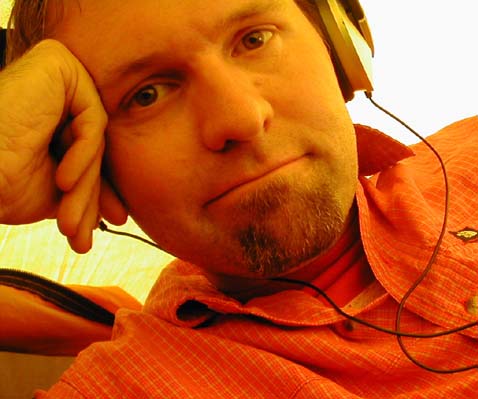I guess the two biggest questions I get when I'm back are 1)"What's it like over there?" and 2)"How can we help out?" I find myself wishing I was more charismatic to go out and 'sell' a project or need for the hospital, but the bottom line is that both questions are problematic at best.
What's it like in Zambia? It depends on what aspect you look at. I would say overall that it's just more extreme than life over here; I think I've said this before. In terms of work, it's more satisfying in many ways, because it allows me to be more holistic as a doctor, incorporating who I am into what I do, and the patients are more grateful and more engaged with their doctor. It's a throwback to the trusting nature that people used to have with their doctors here before the age of the internet and information overload where they depended on their doc to do the right thing and know what was best. At the same time, work is much less satisfying, as patients die or you can't help, and they are often very young. I can give many examples of patients who were just tragically cut short, and it's difficult to care for them and feel very helpless. Life outside of work is better, more simple, more fulfilling than the American pursuit of entertainment and so forth, but it's also more frustrating, more boring, and more difficult to get things done. I blogged about this recently in 'native soil', if you want to read more.
Anyway, you want to put a 'positive spin' on things so that your parents don't get too worried :), supporters don't get discouraged, and you don't give the impression that Zambia is falling apart and incredibly frustrating, because it's not. Many stories end up sounding that way, however, and it's sometimes difficult to find a balance.
How can you help out? After my friends Hilary and Tay came to visit, I was struck again by how many things go on outside of work that need help as well. People want to help with 'the kids', but that's a very nebulous term -- the kid patients in the hospital, the local kids of the hospital staff, some of the nearby village kids, AIDS orphans, local schoolkids -- all have different advantages and disadvantages when it comes to ministry. I am probably too focused on the hospital needs, because that's where I serve and spend my energy. All of those needs -- housing, electrical transformers, drugs and supplies, incoming personnel -- are ongoing and there are no guarantees that interventions to help will have the desired effect. For example, we have recently purchased some new kitchen pots and are renovating the kitchen for about $20,000, but our electrician sometimes makes mistakes and there's a real chance that there will be mistakes in installation which could cause lots of damage. But he's the only electrician around, so we may have to trust him and hope for the best. We've raised the money for a water pump so that around 20 people can have running water, but we were swindled by the guys who ordered it and so still haven't managed to get the proper pump installed, now two months later. Projects all seem to have those sort of hang-ups, but you need to get them done, so you do the best you can. I definitely feel that while I'm over there I can help facilitate things getting done properly.
So how to help? I guess from a capitalistic perspective, it's a risky investment: no guarantee of success. Don't be fooled by these NGO's who promise that 'every dollar will be spent on something' because Africa doesn't and can't work that way. But there are a lot of really positive things. I'm encouraged by the lack of graft and good accountability on the part of the people that I work with to do the best they can in a tough situation. And I'm also struck by the huge upside when things do turn out well -- getting water to people, providing good healthcare, giving comfort to patients and families, supporting people in their need -- these are things that we should be a part of as Christians and citizens of the global community. Because there are so many different ways to get involved -- education, financial projects, nutrition, infrastructure, medical care -- let me know if you have a heart for something and I'll see how I can make it work.
It's really encouraging to know that people are interested and engaged with what's going on out at Mukinge. That's easily been the best part of this brief sojourn at home. I'll be headed back in less than a week to Zambia for round 2 of my two-year commitment. What happens after next November is still up in the air, and I'm pretty content to leave it that way, with the understanding that God will show me the answer to those decisions when they press upon me.
Thanks for your prayers and support. Looking forward to talking and hearing from each of you.
Talk to you all soon.
Matt

No comments:
Post a Comment